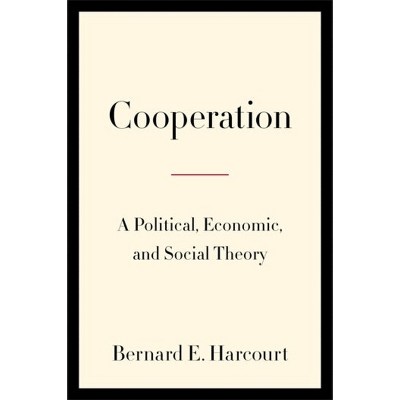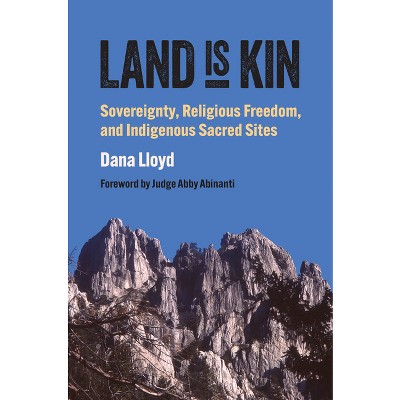Sponsored

American Indian Water Rights and the Limits of Law - (Development of Western Resources) by Lloyd Burton (Paperback)
In Stock
Sponsored
About this item
Highlights
- Gold is no longer the most precious treasure of the American West.
- Author(s): Lloyd Burton
- 192 Pages
- History, Native American
- Series Name: Development of Western Resources
Description
About the Book
Burton dissects the irreconcilable conflict of interest within the Interior Department (between the Bureau of Reclamation and the Bureau of Indian Affairs). He also examines the methods of managing disputes in contemporary cases and offers original policy recommendations that include establishing an Indian Water Rights Commission to help with the paradoxical task now facing the federal government--restoring to tribes the water resources it earlier helped give away.Book Synopsis
Gold is no longer the most precious treasure of the American West. Water is. In the arid western half of the United States, the unquenchable thirsts of industry, agriculture, and growing urban areas have nearly drained the region dry. There is no longer enough water to satisfy the conflicting claims of the many groups fighting over it. Among the claimants are American Indian tribes. They hold water rights dating back to treaty obligations of the U.S. government--rights that often conflict with state water-rights allocation doctrines. Currently they are locked in legal combat with non-Indian adversaries in about fifty major water-rights disputes throughout the western United States. The amounts of water involved are huge, as are the potential economic benefits for the victors. In this thorough, timely study, Lloyd Burton traces the history of American Indian water rights. Focusing on the years following the 1908 Supreme Court decision in Winters v. United States, he dissects the irreconcilable conflict of interest within the Interior Department (between the Bureau of Reclamation and the Bureau of Indian Affairs) that dates from that decision. But Burton is not content simply to record and analyze history. He also examines methods of managing disputes in contemporary cases and offers original policy recommendations that include establishing an Indian Water Rights Commission to help with the paradoxical task now facing the federal government--restoring to the tribes the water resources it earlier helped give away. "This book is a significant contribution to the field for three reasons. It provides a well-written and accessible review of the historical evolution of Indian water rights disputes. It includes a cogent and penetrating analysis of that history and its significance for managing current disputes. And it concludes with a suggestion which is creative and novel, if potentially difficult to implement. This is an important book . . ."--William Lord, director of the Water Resources Research Center at the University of Arizona. "No other book brings together so sharply the tribes, the federal executive and Congress, the courts, and the states. . . . An original and much-needed work."--John G. Clark, author of Energy and the Federal Government: Fossil Fuel Policies, 1900-1946.Review Quotes
"A comprehensive introduction to an important problem in environmental and social justice--and also an excellent case study of the law's systemic failure to fulfill its promises when ecological and moral values are at stake."--Journal of American History
"A cogent, tightly written work. It is timely. It is understandable. And it is foreboding."--Great Plains Quarterly
"Burton provides a thoughtful framework for discussion . . . as well as novel and innovative proposals."--Pacific Historical Review
"Should be required reading for anyone interested in western water resources management."--Forest and Conservation History
"A very important contribution to the literature on contemporary Native American affairs."--Choice
"This book is a significant contribution to the field for three reasons. It provides a well-written and accessible review of the historical evolution of Indian water rights disputes. It includes a cogent and penetrating analysis of that history and its significance for managing current disputes. And it concludes with a suggestion which is creative and novel, if potentially difficult to implement. This is an important book . . ."--William Lord, director of the Water Resources Research Center at the University of Arizona
"No other book brings together so sharply the tribes, the federal executive and Congress, the courts, and the states. . . . An original and much-needed work."--John G. Clark, author of Energy and the Federal Government: Fossil Fuel Policies, 1900-1946
Shipping details
Return details
Frequently bought together

Trending Non-Fiction
















